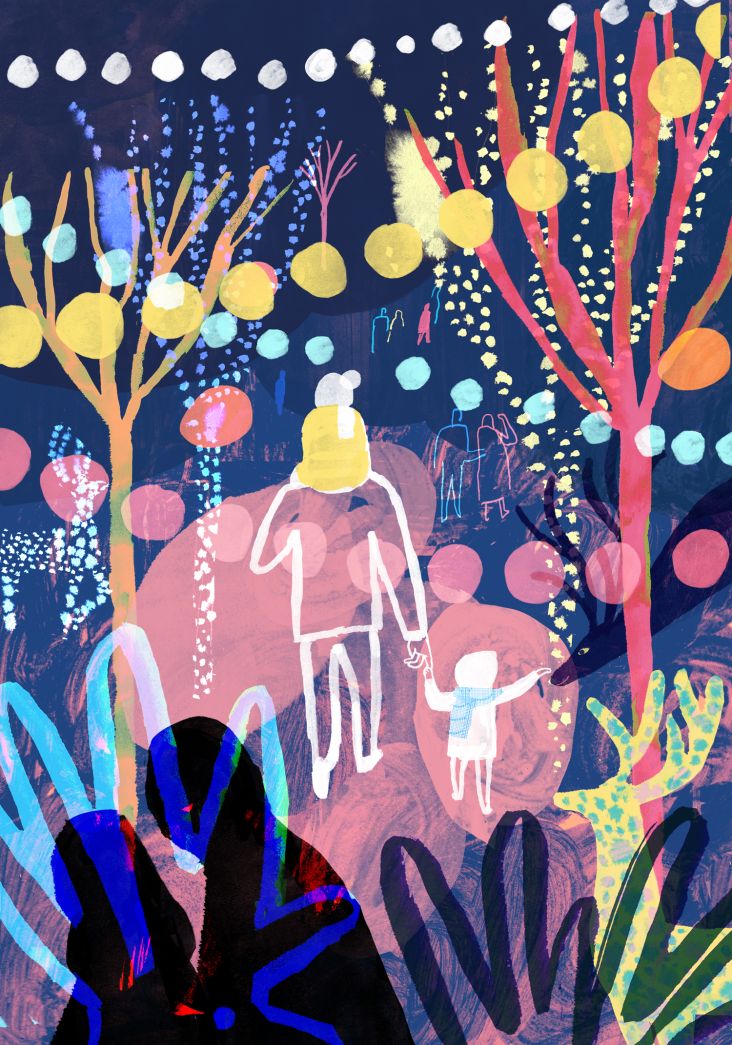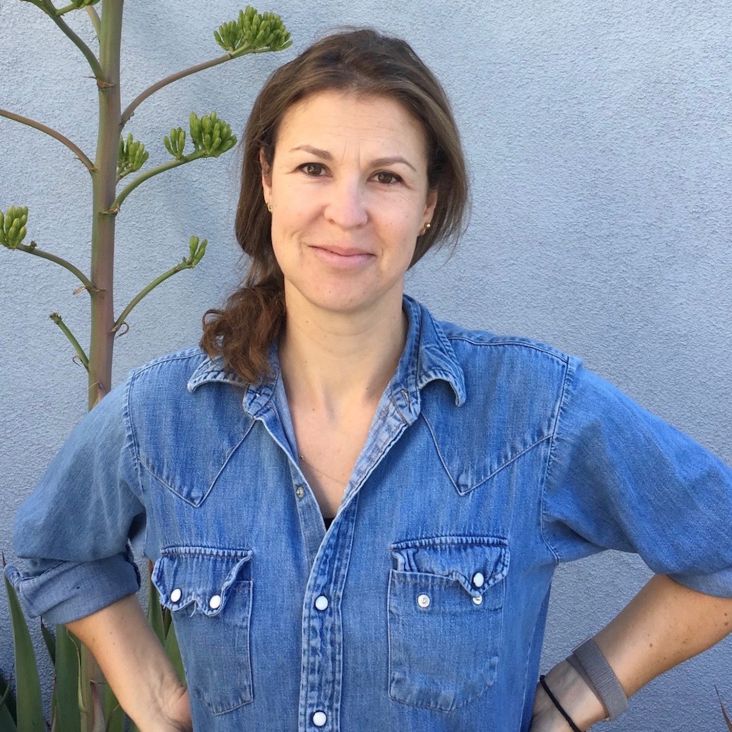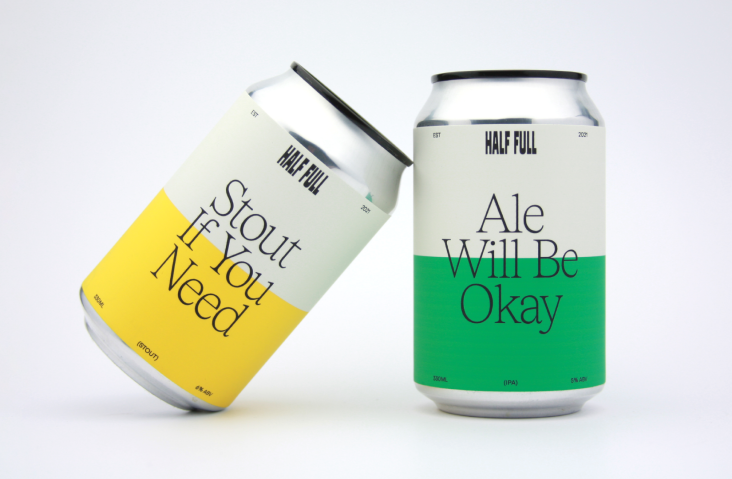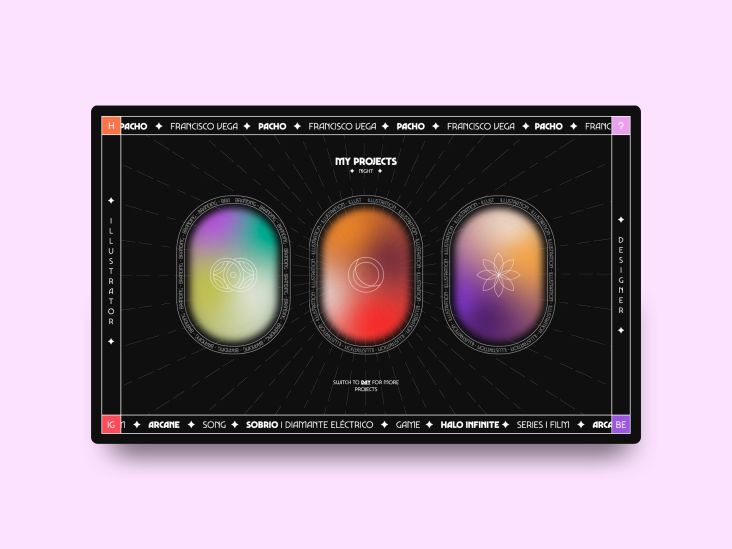Break The Bias: Female leaders reveal what it’s like working in digital today
This year the theme for International Women's Day is 'Break The Bias', and if there's one area of the creative industry that's suffered from open male bias over the years, it's the digital sector. Thankfully, that does seem to be changing. But is it changing quickly enough, and what's it actually like for women working in tech in 2022?

Image licensed via Adobe Stock
To find out, we gathered the view of five female leaders from successful digital-first agencies, all based in the North West of England. Below they share their experiences working in the digital industry and offer their ideas about how to #BreakTheBias in 2022.
"We all have a collective responsibility to #BreakTheBias"
First, some good news for any woman hoping to enter the profession: it's a great place to work overall. "I love working within digital," says Gemma Handley, commercial director at Code Computerlove. "It's fast, vast and moving at a speed that works for my impatient mind. I love every day being different, working with super-smart people, and working on stuff that is seen and used by people all over."
That said, it's not all been perfect. "As a woman in digital and a woman in tech, unfortunately, I have experienced some challenges that I feel were there because of my identified gender," she reports. "In truth, it will always be more of a challenge for the ignorant to overcome their bias than for me to ignore them and move on. That's not to diminish the impact some of these experiences have had, but I try to remind myself that the way you're treated is not always a reaction to how you treat people."
It's an issue she feels is ongoing and that everyone needs to pay attention to. "Industries and organisations can and should continue to support the eradication of gender stereotypes and discrimination full stop, by providing a safe workspace where everyone is encouraged to celebrate their individuality, embrace each other's uniqueness and where there's a zero-tolerance attitude to discrimination," she says. "In addition, I feel we all have a collective responsibility as decent human beings to #BreakTheBias. I'd encourage people to consider how they can change their language or approach in situations to encourage inclusivity over exclusivity and how they can better become an ally for others."
Gemma continues to make a practical contribution by supporting the charitable trust Positive Steps. "Amongst a lot of other things, they help young adults to experience and discuss career opportunities within digital and tech," she explains. "It's great being able to support a young person at a really influential time of their life."
"Creating a platform that supports progression is vital"
Nicola Marsh, managing director at MediaCom North Group and Google Practice UK, tells a similar story. Working in digital is great, but that doesn't mean there aren't problems to address.
"I have always found the digital industry to be inclusive," says Nicola. "In fact, I have often found being female has been seen as a real positive from both male and female colleagues. But at the same time, there have been lots of times throughout my career when I've notably been the only female within the team, which is indicative of the gender imbalance in digital that still exists today."
So while she's seen huge improvements in the male/female split across many areas, such as PPC (pay per click) and SEO (search engine optimisation), she believes there's still lots of work to do. "The one area I really notice a huge gender bias is within very senior roles as opposed to middle management," says Nicola. "The industry needs to show more female role models, ensure that panels and conferences have equal representation and actively push senior leadership training for women in digital."
And wishing it won't make it so: practical action is needed. "Creating a platform that supports progression is vital," she adds. "An industry which supports flexible working and not just for mothers is crucial, and increasingly more important is an industry that can support women at all life stages including the menopause. Retaining female talent in any industry is crucial to creating an even platform for success."
But what kind of support should employers and colleagues be giving on a day-to-day basis? It's not just about narrowly ticking all the HR boxes; it's also a question of working culture. That's something Jenny O'Sullivan, digital client partner at MediaCom North, is starting to notice on a personal level.
"The urge to apologise is sometimes overwhelming"
Jenny has been working in digital media since 2006 and, like Gemma and Nicola, has found the community to be "very inclusive". But recently, she became a mum, and things have changed a little. "Now, I can sometimes feel a different kind of bias, one where I feel apologetic for 'the juggle' of having a toddler and a demanding career," she explains. "The urge to apologise for taking a call from the nursery or having to leave on time is sometimes overwhelming, and I've worried in the past that I won't be seen as someone who is as committed as others. I'm sure most people don't think that and it's mostly in my head, but I feel really lucky that MediaCom is active in nurturing female leadership and supporting mums in the industry."
None of this, we should stress, should put women off entering the digital industry, and all the women we spoke to have had happy and successful careers to date. Jessica Sherratt, head of user experience at Code Computerlove, is among them. "I'm very fortunate to say that my gender has never been a challenge, and two companies I've worked for have had female CEOs," she says. "I've had the privilege of working within UX, which naturally comes part and parcel with empathy and understanding other people's perspectives, no matter who they are or what they're into."
But while she's never been on the receiving end of bias personally, she points out that "the term bias works in two ways, and positive bias can be just as detrimental as negative bias. Therefore, I'd encourage organisations to provide open and safe environments that, as a part of their culture, focus on inclusivity and how to be good human beings."
To make a positive contribution herself, she's currently working on her outreach to education and other meetups, "discussing my journey so far and advocating for a role that relies so much on empathy. I truly believe that with every interaction, we should focus on understanding the other person's perspective to have a well-rounded view. The more we build this and talk about it, the more it will become the norm."
"I'm seeing more female developers"
There's every reason this can happen if everyone gets involved and plays their part. And it's important to understand that this is not a new movement but a continuation of what's gone before.
"I've seen a lot of change in the digital industry over the last ten years," says Sophie Shanahan-Kluth, senior developer at We Are Access. "I was the only woman in my year at university, and in my first role, I was the only female developer. All of my role models were men, and I only had one female lecturer. Since then, I've seen more female developers, not just at work but also giving talks and acting as beacons for the industry as a whole. I've been privileged to attend talks by women at all levels of the industry, sharing their experiences and hardships as well as their expertise. And I've also seen a shift in the attitudes of other people, making the industry a more open and inclusive space."
She's never been openly discriminated against because of her gender… but that doesn't mean it hasn't happened in more subtle ways. "I've been in roles where I've had to prove myself more than my male colleagues and have been quietly 'punished' for behaviours that male colleagues have been praised for," she notes. "I'm a very forthright person and very often speak my mind. I'm incredibly grateful that in my current role, I have a supportive manager, and the company is moving towards a transparent role structure."
As Sophie explains, there has long been a belief that STEM subjects such as programming and digital are "subjects for boys", when in reality, there are a lot of young girls who would probably relish in the challenges that digital provides.
"This attitude is slowly changing, but it needs some help," says Sophie. "There are a lot of really fun ways for kids to learn to program nowadays. Brands such as Nintendo and Lego provide games and apps to supplement physical products that let children build their own experiences. And the way these toys can be programmed are really broad, too, proving that programming and digital skills aren't only useful for making apps or websites nowadays."
After all, so many things can be linked to digital, from cars to prosthetic limbs, AI to digital currency, and nearly everything has something digital in it nowadays. "Digital, for me, is about solving problems cleverly," says Sophie. "It's not just the hard slog to make a computer do what you want. The industry needs creative problem solvers who can identify issues and work towards fixing them."
























